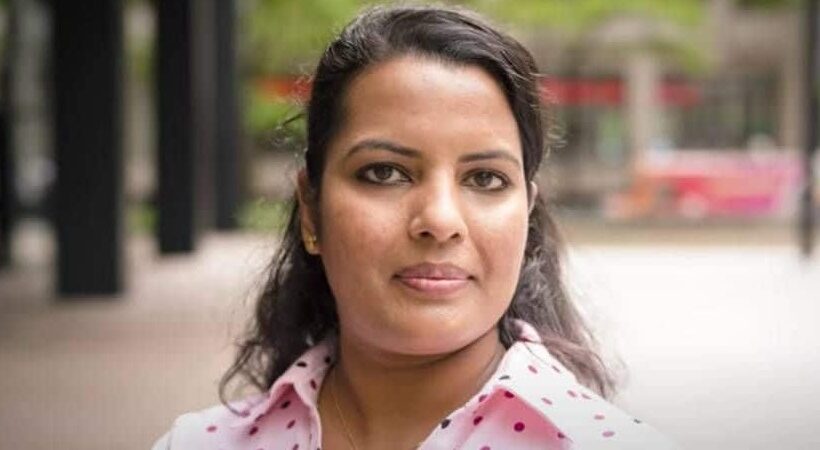Nisha Varughese, an Indian-origin patient, was one among the small proportion of rectal cancer patients who were entirely healed after participating in a six-month clinical study for a medicine named Dostarlimab at Memorial Sloan Kettering Cancer Center in Manhattan.
The trial’s findings, which are the first of their sort in medical history, represent a hopeful advance in rectal cancer therapy. Varughese was described in the media as calling the immunotherapy drug’s success in treating her a “miracle.”
Dostarlimab, the medicine provided, is an immunotherapy agent used to treat endometrial cancer and is offered under the brand name Jemperli. However, this was the first clinical trial to see if it may also be used to treat rectal cancer tumours.
“Rectal cancer disappeared after immunotherapy – without the need for the standard treatments of radiation, surgery, or chemotherapy – and cancer has not returned in any of the patients who have been cancer-free for up to two years,” according to the Memorial Sloan Kettering (MSK) Cancer Center in New York.
Surgery, radiation, and chemotherapy are the typical treatments for rectal cancer, which can be particularly difficult for patients due to the tumour’s position, according to MSK medical oncologist Andrea Cercek, the study’s first author. She went on to say that they might have life-altering bowel and bladder malfunction, incontinence, infertility, sexual dysfunction, and more.
Patients registered in this experiment were spared these operations and their related adverse effects due to an “extraordinary stroke of luck.” On June 5, the trial’s findings were published in the New England Journal of Medicine. It was described as “an early glimpse of a revolutionary therapeutic change” in a Journal editorial.
The discoveries have caused a stir in the medical community. According to colorectal cancer doctors at the University of California, complete remission in every patient is “unheard-of.” Furthermore, the experimental medicine did not cause major side effects in any participants.
Oncologist Dr Andrea Cercek, one of the paper’s co-authors, detailed the moment patients learned they were cancer-free. She told the New York Times, “There were a lot of happy tears.”
On the other hand, Varughese stated she didn’t notice the tumour on the day she found out she was fully cancer-free. So she reasoned that “it may be hiding someplace inside.” The doctor then informed her that the tumour had disappeared. She said, “It’s a miracle.”
It’s still early in the game:
Several organizations contributed to this study, including GlaxoSmithKline, the pharmaceutical firm that makes Jemperli. Doctors cautioned, however, that the situation is far from finished and that these were merely early findings.
At this time, 12 patients have finished the therapy and have been followed for at least six months.
So far, about three-quarters of patients have had mild or severe side symptoms, such as rash, itching, tiredness, and nausea – but no cancer has regrown, with the median follow-up being one year, and some patients have been cancer-free for two years.
The experiment is intended to include around 30 individuals in the end. According to experts, further information on the safety and effectiveness of dostarlimab in individuals with rectal cancer is still being gathered. Research including a larger number of patients is required.
Until then, oncologist Hanna K Sanoff of the University of North Carolina at Chapel Hill, who has written a commentary on the findings, stated, “We need to regard the present data with both excitement and caution.”
“It’s early days, and there’s still a lot we don’t know,” Sanoff said in the reports, “but if the additional study can reproduce the bright potential hinted at here, we could be watching the emergence of a new sort of cancer therapy.”



















